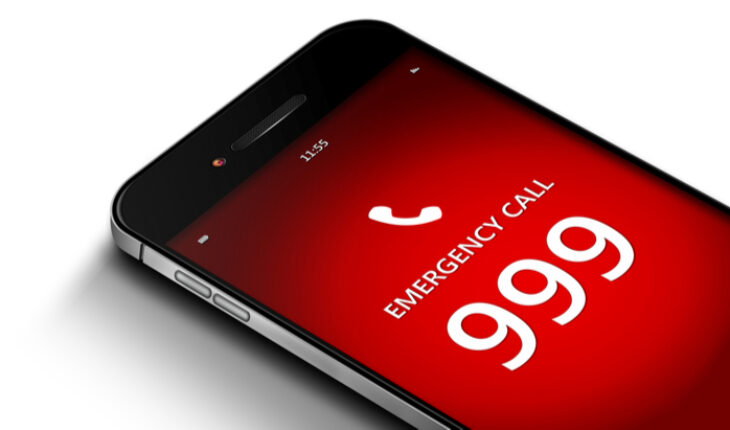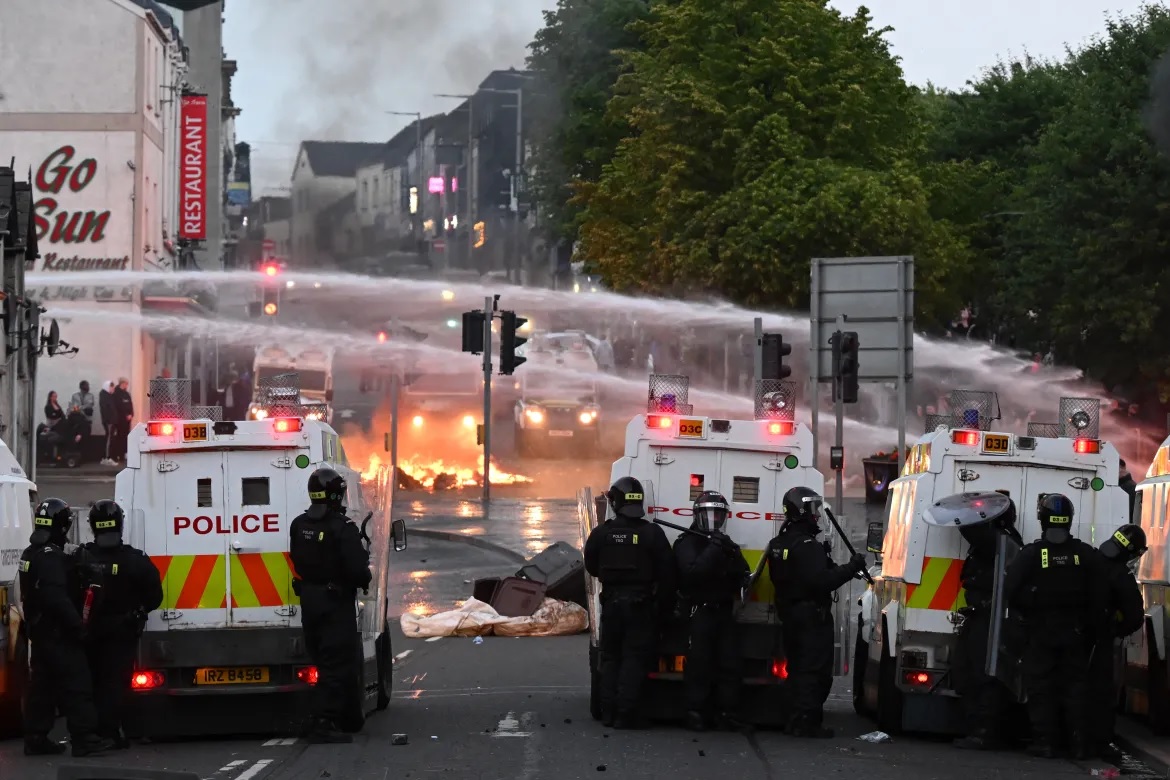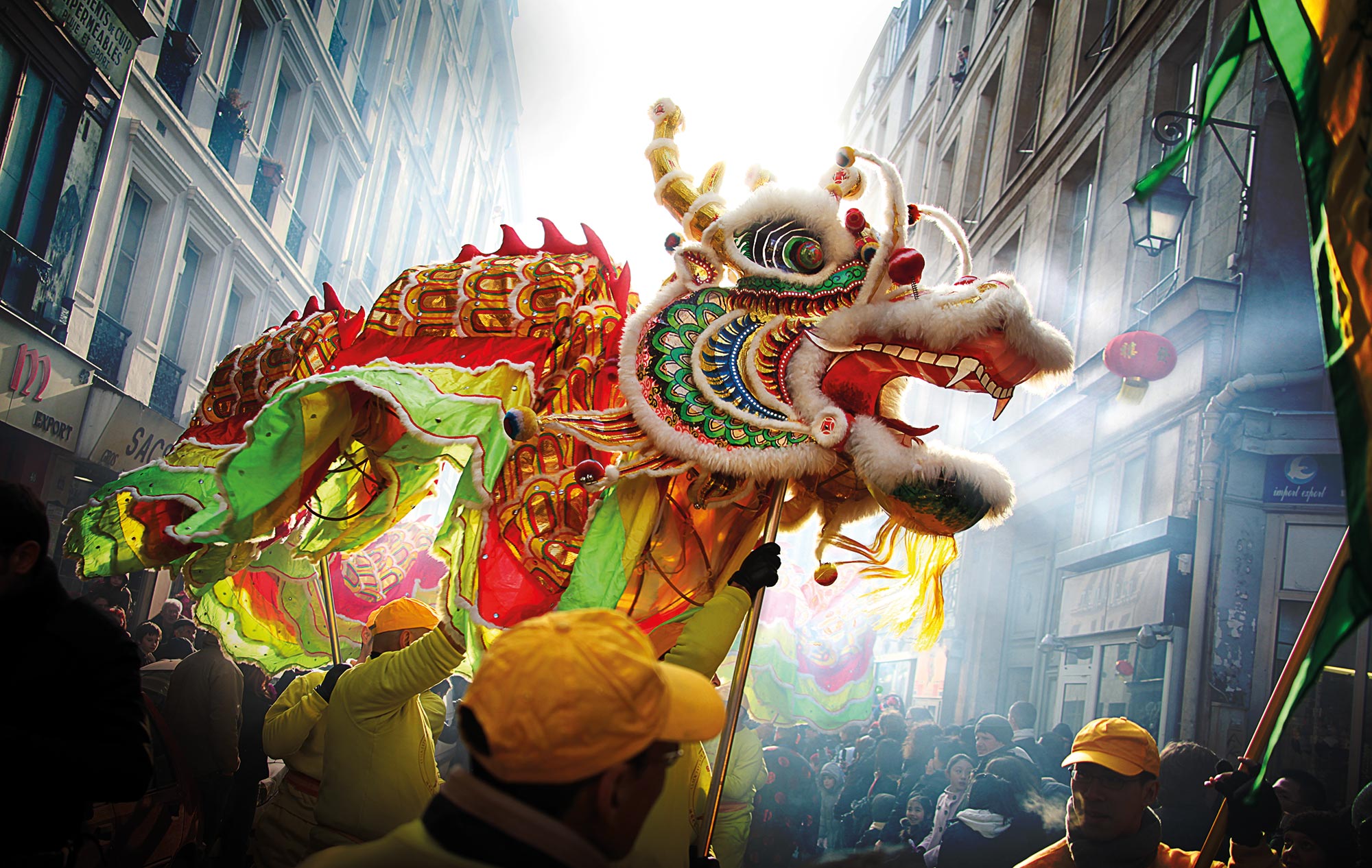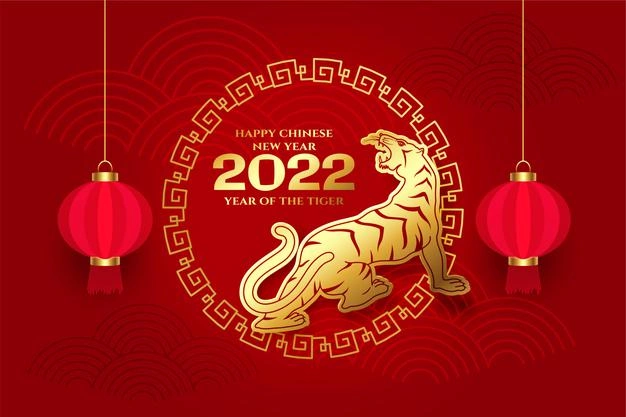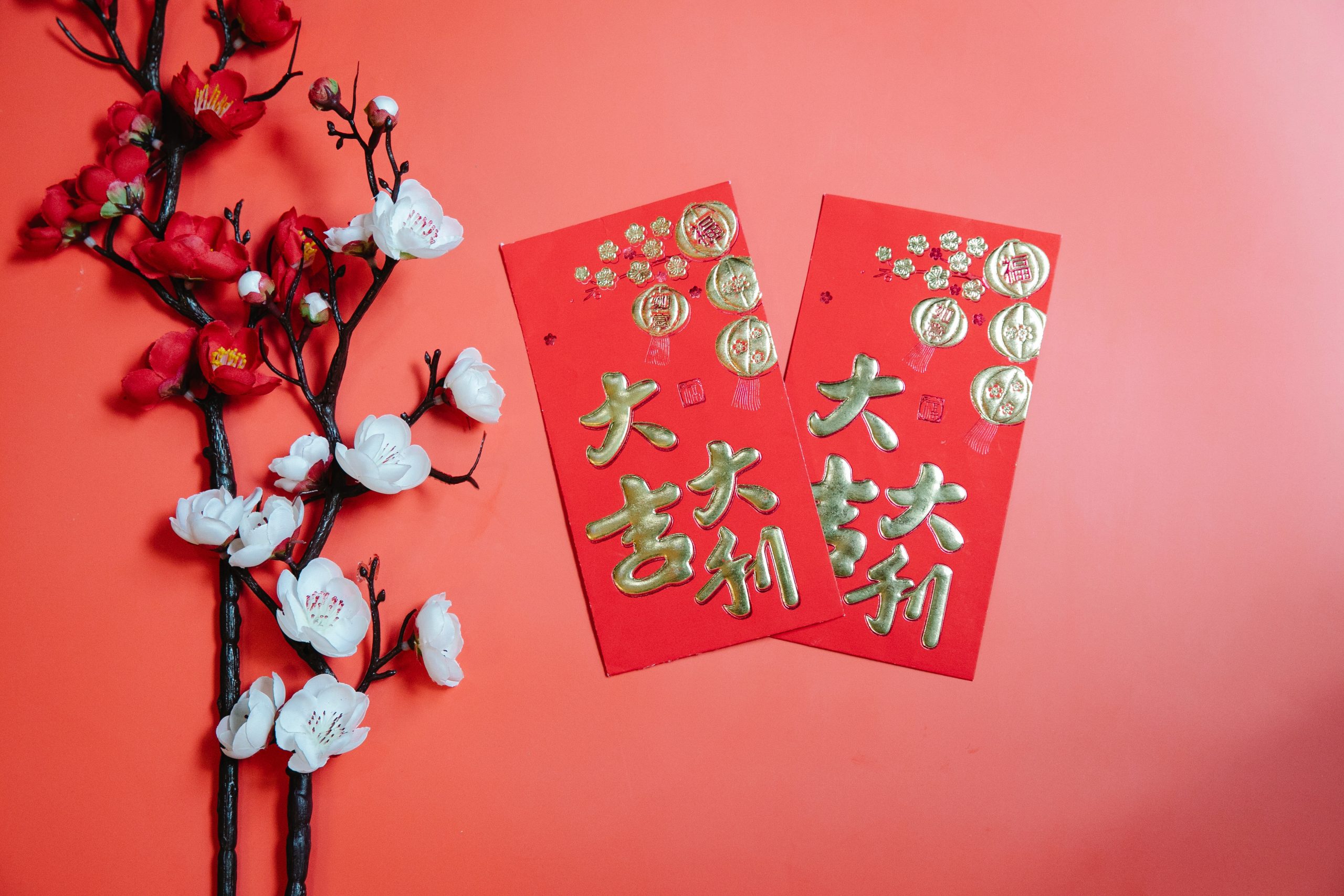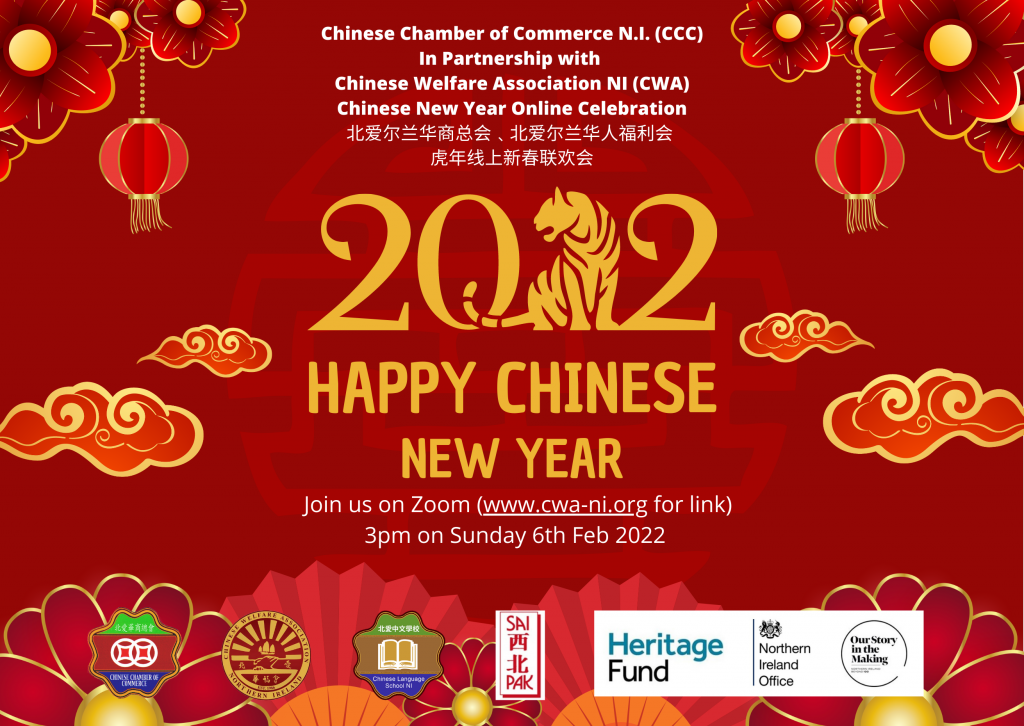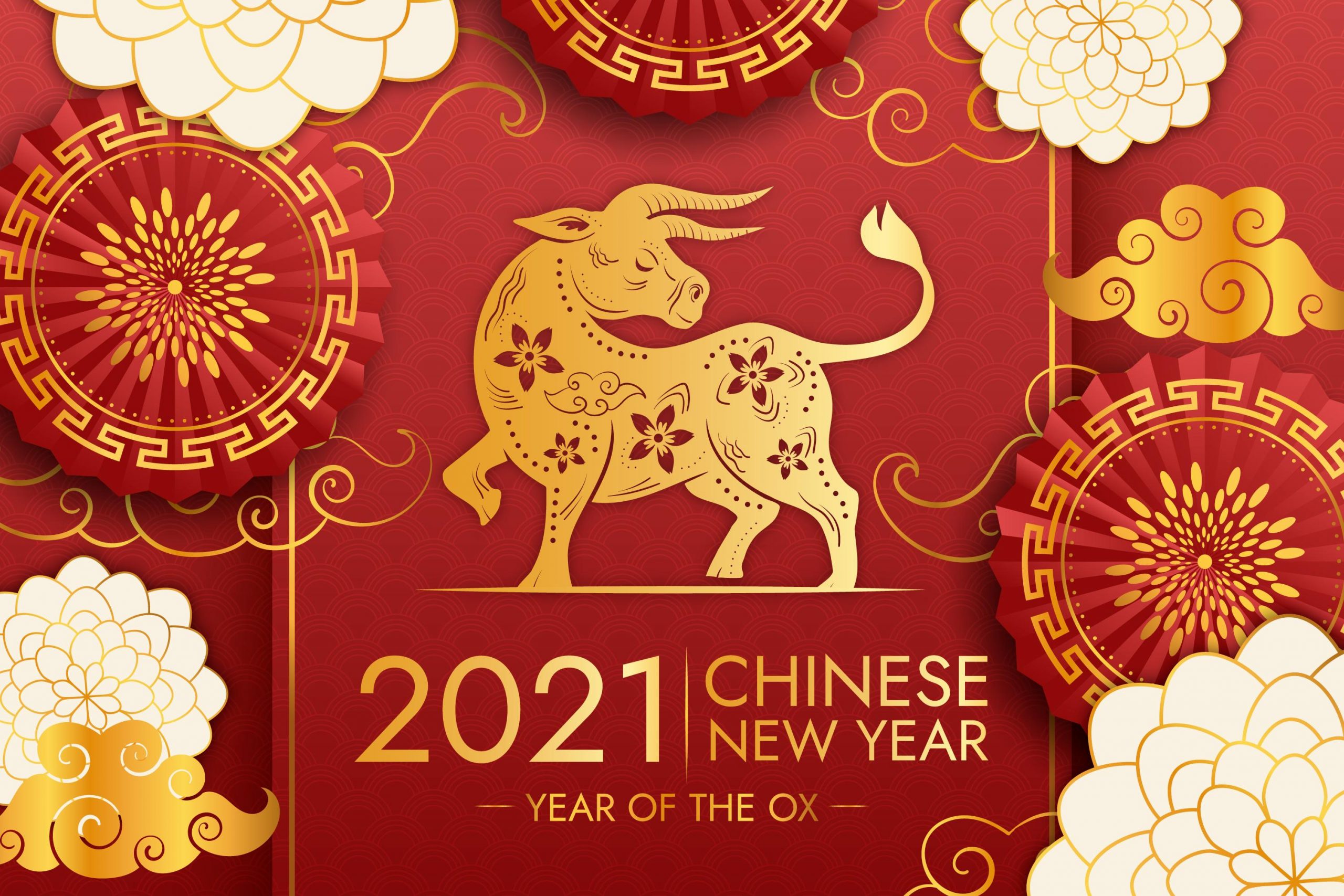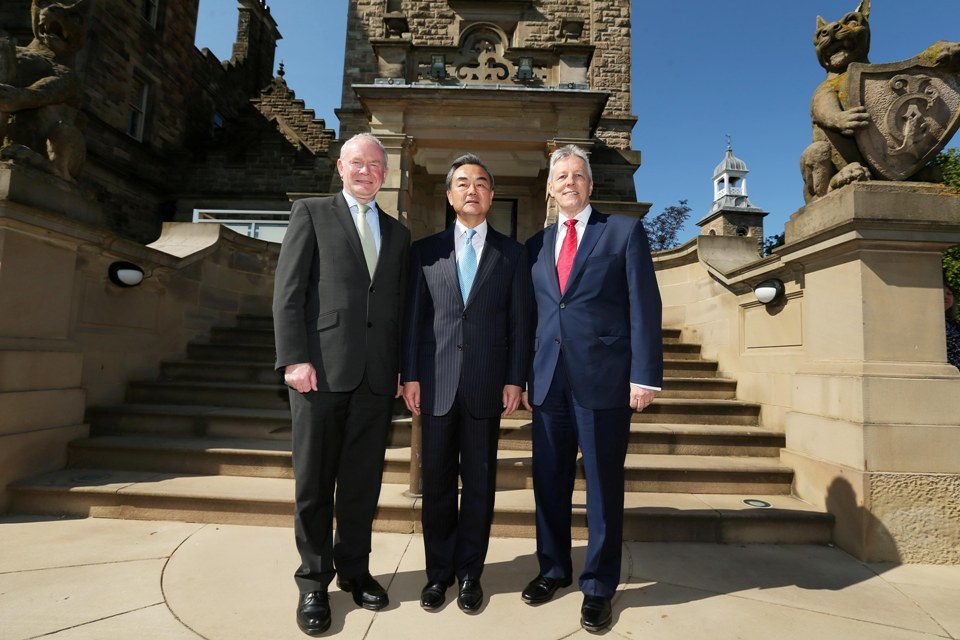如果您需要警察幫助但無法說話:靜音解決方案
如果您在緊急情況下需要警察幫助,但又不方便發聲。請讓您的聲音被聽到,讓999接線員知道您的電話是真的。
當您撥打 999 時
所有999電話都會轉到呼叫中心,由BT接線員接聽。他們會詢問您需要哪種服務。如果沒有請求服務,但在整個過程中聽到任何可疑的聲音,BT電信接線員會將您轉接給警方呼叫處理人員。
當您用手機撥打999時
如果可以的話,最好與接線員通話,哪怕是小聲說話。在回答問題時,可能要求您咳嗽或點擊手機上的按鍵。
如果發出聲音會使您或其他人處於危險之中,並且BT接線員無法確定是否需要緊急服務,您的呼叫將被轉接到靜音解決方案系統。
靜音解決方案是警方用來過濾大量意外或999惡作劇電話的系統。它的存在也是為了幫助那些不能說話但確實需要警察幫助的人。
您將聽到一段持續20秒的警方自動語音提示,開頭為「您已接通警方」。它會要求您按55轉接至警方呼叫管理中心。BT電信接線員將保持通話並監聽。如果您按55,他們將收到通知並將電話轉給警方。如果不按55,通話將被終止。按55鍵不會讓警方追蹤到您的位置。
接下來呢?
當轉接到當地警察局時,接警員會嘗試用簡單的是或否問題與您溝通。如果您不能說話,請仔細聆聽呼叫處理人員的問題和指示,以便他們對您的呼叫進行評估,並在必要時安排幫助。
當您用固定電話撥打999時
由於從固定電話意外撥打999電話的可能性較小,因此不使用靜音解決方案系統。如果接到固定電話的緊急呼叫:
- 沒有緊急請求
- 來電者不回答問題
- 只能聽到背景噪音,BT接線員無法判斷是否需要緊急服務,
- 那麽您將被轉接至警方電話處理人員,因為情況存疑。
如果您更換聽筒,座機可能會保持連接45秒,以防您再次拿起聽筒。
如果您在這45秒內再次接聽電話,而BT接線員擔心您的安全,則會將電話轉接給警方。
從固定電話撥打999時,呼叫處理人員應自動獲得您從哪裏撥打電話的信息,以幫助提供響應。
A Year of Record Hate Crimes
Hate crime in Northern Ireland has reached its highest level since records began in 2004, shaking confidence in our communities and raising urgent questions about how society responds.
Between April 2024 and March 2025, a new PSNI recorded 2,049 racist incidents and 1,329 race hate crimes. Amnesty International described the past year as “a year of hate and fear.” For many people from migrant and minority backgrounds, that description feels painfully accurate.
These aren’t abstract numbers. Each one represents a person who has been shouted at, threatened, or made to feel unwelcome in their own community.
What Hate Crime Means
According to the PSNI,
“A hate crime is any criminal offence which is perceived by the victim or any other person to be motivated by hostility or prejudice towards someone based on a personal characteristic.”
Hate crime happens when someone is targeted because of who they are, or who someone believes them to be. It might be about race or faith, disability or sexual orientation, or any other part of a person’s identity that should never make them a target.
Chief Superintendent Sue Steen, who leads on hate crime for the PSNI, said recently that while officers are committed to tackling hate, the law hasn’t kept up.
This has been a crisis developing for years, fuelled by complacency and inaction.
A Community Under Strain
For many people, the emotional toll is what hurts most. Some victims have moved house several times to escape intimidation. Others have stopped going out after dark or sending their children to certain schools. A few have chosen to keep quiet because they fear nothing will change.
During a community meeting in Belfast this summer, residents spoke openly about their exhaustion. One participant summed it up simply:
“People aren’t just afraid of the attacks, they’re afraid that no one will care when they happen.”
What the Research Tells Us
Recent academic work by David Lowe supports what communities have long been saying. His study, Hate Crime in Northern Ireland: The Need for Legislation and a Bespoke Version of the Prevent Strategy, found that Northern Ireland still lacks a dedicated hate crime law. Instead, ordinary offences are labelled with a hate motivation after the fact.
Lowe argues this weakens deterrence and discourages victims from reporting. He also points to the delay in acting on Judge Marrinan’s 2020 recommendations for a new Hate Crime Bill. Political deadlock, he writes, has left Northern Ireland behind the rest of the UK.
The research also highlights something people in our community know instinctively — that small, everyday acts of hostility can be just as damaging as major incidents because they erode the sense of safety that holds a community together.
Getting Help
Support does exist. The Hate Crime Advocacy Service (HCAS) offers confidential, independent help to anyone affected by hate crime in Northern Ireland. Advocates can guide victims through reporting, support them during police investigations, and connect them to housing or counselling services.
You can reach HCAS at www.hcasni.com or by calling 028 9024 4039.
In an emergency, call 999. For other incidents, contact 101 or report online through the PSNI Hate Crime Portal.
You can also call Crimestoppers anonymously on 0800 555 111.
A Call for Action
Hate crime is not inevitable. It thrives only when people look away, when those with power delay change, and when victims are left to carry the burden alone.
The rise in hate incidents is not just a statistic, it’s a test of what kind of society we want to be. Every racist attack, every slur, every act of intimidation chips away at the fragile sense of belonging that so many have worked hard to build.
Now is the time for leadership and courage.
We need stronger hate crime laws, better education, and a clear message that prejudice will never be tolerated in Northern Ireland. But change will not come from government alone — it starts with all of us.
If you see hate, report it. If you hear misinformation, challenge it. If someone in your community is being targeted, stand beside them.
At the Chinese Welfare Association, we’ll continue to offer a safe and welcoming space for everyone. We’ll stand with those who’ve been targeted, and we’ll keep working with partners across Belfast to build a city that stands against hate and stands up for one another.
If you’ve been affected by hate crime or want to help make a difference, please get in touch.
Hate divides, but silence enables it.
Together, we can make Northern Ireland a place where everyone feels they belong.
History of Chinese New Year
All good stories change bit over time, as each teller adds a little or changes something. A story that is over 3,500 years old has been told many times and it has taken on a life of its own.
The story of how the most important holiday in Chinese culture began is no different but many of the best bits have remained unchanged. The centuries-old legend of the origins of the Chinese New Year celebration always includes a story of a terrible mythical monster preying on villagers. The lion-like monster’s name was Nian (年), which is also the Chinese word for “year."
The stories often include a wise old man who counsels the villagers to ward off the evil Nian by making loud noises with drums and firecrackers and by hanging red paper cutouts and scrolls on their doors, because Nian is scared of the color red.So the villagers took the old man’s advice and Nian was conquered. On the anniversary of the date, the Chinese recognize the “passing of the Nian,” known in Chinese as guo nian (过年), which is synonymous with celebrating the new year.
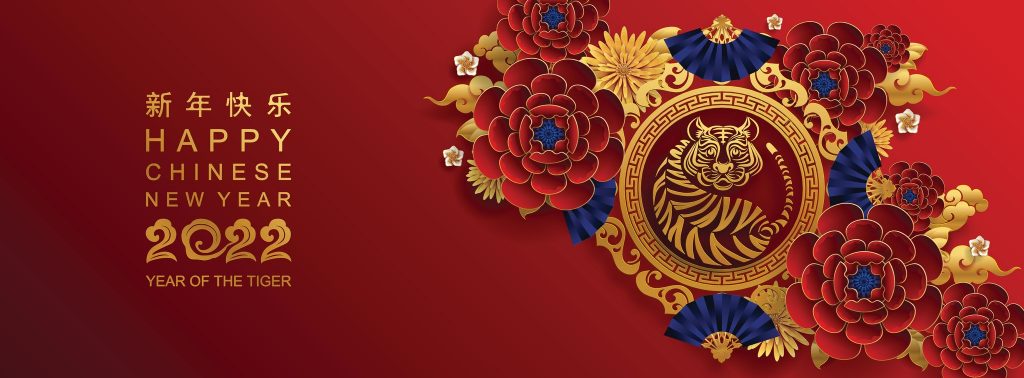 Lunar Calendar
Lunar Calendar
The date of Chinese New Year changes each year because it's based on the lunar calendar. While the western Gregorian calendar is based on the Earth’s orbit around the sun, the date of Chinese New Year is determined according to the moon’s orbit around the Earth. Chinese New Year falls on the second new moon after the winter solstice. Other Asian countries such as Korea, Japan, and Vietnam also celebrate the new year using the lunar calendar.
While Buddhism and Daoism have unique customs during the New Year, Chinese New Year is far older than both religions. As with many agrarian societies, Chinese New Year is rooted in a celebration of spring, like Easter or Passover.
Depending on where it's grown, the rice season in China lasts roughly from May to September (north China), April to October (Yangtze River Valley), or March to November (Southeast China). The New Year was likely the start of preparations for a new growing season.
Traditional Customs
On Chinese New Year, families travel long distances to meet and make merry. Known as the "Spring movement" or Chunyun (春运), a great migration takes place in China during this period as many travelers brave crowds to get to their hometowns.
Though the holiday is actually just a week long, traditionally it's celebrated as a 15-day holiday when firecrackers are lit, drums are heard on the streets, red lanterns glow at night, and red paper cutouts and calligraphy hang on doors. Children are also given red envelopes containing money. Many cities around the world hold New Year parades complete with dragon and lion dances. Celebrations conclude on the 15th day with the Lantern Festival.
Spring cleaning is a common theme during this time. Many Chinese families clean out their homes during the holiday. The New Year celebration could also have been a way to break up the boredom of the long winter months.
Food is an important component of the New Year. Traditional foods to eat include nian gao (sweet sticky rice cake) and savory dumplings.
Chinese New Year vs. Spring Festival
In China, New Year celebrations are synonymous with Spring Festival (春节 or chūn jié), which is typically a week-long celebration. The origins of this renaming from "Chinese New Year" to “Spring Festival” are fascinating and not widely known.
Chinese New Year, also known as the Lunar New Year or the Spring Festival, is the most important among the traditional Chinese festivals. The origin of the Chinese New Year festival can be traced back to about 3,500 years ago.
Chinese New Year has evolved over a long period of time and its customs have undergone a long development process.
Chinese Year Year - Over 3500 Years in the Making
 Chinese New Year's Origin: In the Shang Dynasty
Chinese New Year's Origin: In the Shang Dynasty
Chinese New Year has enjoyed a history of about 3,500 years. Its exact beginning is not recorded. Some people believe that Chinese New Year originated in the Shang Dynasty(1600–1046 BC), when people held sacrificial ceremonies in honor of gods and ancestors at the beginning or the end of each year.
Chinese Calendar "Year" Established: In the Zhou Dynasty
The term Nian ('year') first appeared in the Zhou Dynasty (1046–256 BC). It had become a custom to offer sacrifices to ancestors or gods, and to worship nature in order to bless harvests at the turn of the year.
Chinese New Year Date Was Fixed: In the Han Dynasty
The date of the festival, the first day of the first month in the Chinese lunar calendar, was fixed in the Han Dynasty (202 BC – 220 AD). Certain celebration activities became popular, such as burning bamboo to make a loud cracking sound.
In the Wei and Jin Dynasties
In the Wei and Jin dynasties (220–420), apart from worshiping gods and ancestors, people began to entertain themselves. The customs of a family getting together to clean their house, having a dinner, and staying up late on New Year’s Eve originated among common people.
More Chinese New Year Activities: From the Tang to Qing Dynasties
The prosperity of economies and cultures during the Tang, Song, and Qing dynasties accelerated the development of the Spring Festival. The customs during the festival became similar to those of modern times.
Setting off firecrackers, visiting relatives and friends, and eating dumplings became important parts of the celebration.
More entertaining activities arose, such as watching dragon and lion dances during the Temple Fair and enjoying lantern shows.
The function of the Spring Festival changed from a religious one to entertaining and social ones, more like that of today.
In Modern Times
In 1912, the government decided to abolish Chinese New Year and the lunar calendar, but adopted the Gregorian calendar instead and made January 1 the official start of the new year.
After 1949, Chinese New Year was renamed to the Spring Festival. It was listed as a nationwide public holiday.
Virtual Chinese New Year 2022
Behind the Scenes the CWA Team has been hard at work to ensure the Chinese New Year festivities can go ahead. This year as we do things differently the aim will be to take all the best bits of the traditional celebrations and bring them online. From a state of the art audio visual presentation which will be hosted on zoom to project updates during the festival we will connect Chinese communities across not just Northern Ireland but across the globe.
Our motto for this year is Courage of the Tiger as we have the Year of the Tiger in mind we will be using new technology to build the strength and resilience of not just the organisation, but the entire community. So join us and help us as we take our community online, and bring our culture to everyone. If you have an interest in all things online we would love to hear from you to become a digital volunteer. From our teenage gamers to our silver surfers we have a role for you in the exciting new online platforms we are developing.
We aim to make it fun and free to get involved with all the support and training you need. So Join the CWA Digital Team today.
https://youtu.be/ANGTx7_WyKM
Chinese New Year 2022 Year of the Tiger
A new year is upon us as we boldly enter 2022 Year of the Tiger.
我们即将迎来2022年——壬寅虎年。
2022 is a special year for me it’s běn mìng nián本命年 – the year of my birth accordingly to the cycle of 12 animals on the Chinese Zodiac. You can work out my age but it will be a multiple of 12!
对我而言,2022年是一个特殊的年份。按十二生肖的排序来讲,今年是我的本命年。你可以计算出我的年龄,它是12的倍数!
It has been a challenging year for us all, but we are hopeful that we have turned the corner and that 2022 will be a brighter and better.
对于我们所有人而言,过去的一年无疑是充满挑战的一年,但我们并没有失去对更加光明和美好的2022年的期望。
We therefore warmly welcome you to our online CNY event on Sunday 6th Feb at 3pm. You can watch it on Youtube and join us on Zoom.
因此,我们诚挚邀请您参加我们在 2 月 6 日星期日下午 3 点举行的在线 CNY 活动。 您可以在 Youtube 上观看直播或加入我们 Zoom 以获得更多互动体验。
We will have a mix of song, dance, music which should get you into the mood of the Year of the Tiger. 在这场活动中将会混合歌曲、舞蹈和音乐,它们将会让您沉浸在虎年的气氛中。
So, stick it in your reminders and see you soon! Please do support us and share widely amongst your family and friends.
欧巍立
William Olphert Managing Director
Topic: 2022 CWA Virtual Chinese New Year Celebration
Time: Feb 6, 2022 03:00 PM London
https://us06web.zoom.us/j/8835674626?pwd=NEExcGhONjUvYWdiN0tEd2tDK09MUT09
Meeting ID: 883 567 4626
Passcode: cwacny
EVENTBRITE:
2022 CWA Virtual Chinese New Year Celebration 2022虎年北爱华福会线上春节庆典 Tickets, Sun 6 Feb 2022 at 15:00 | Eventbrite
Belfast an International City
Belfast as a port city has always had an international feel and has thrived on building links with the world. Today Belfast City Council are deeply involved in building these partnerships and we believe that local international communities should be at the heart of that outreach.
From long established communities like the Jewish, Italian and Chinese to the more recent Eastern European communities we all have a role to play helping our new home country build bridges to others.
Belfast City Council has been a great partner and we hope that that work will continue. Thet=y are currently involved in:
EU and International relations
We’re building international relationships across Europe, USA and China in order to attract investment, encourage trade and develop our tourism, cultural and educational links.
We also collaborate with a number of key institutions in the city including universities and colleges, international consulates, Belfast Chamber of Commerce, the British Council, government departments including The Executive Office, Invest Northern Ireland, Visit Belfast, the NI Executive Office in Brussels, the Special European Programmes Body and potential investors.
Links to our key stakeholders are provided below.
All of these partnerships enable the European and International Relations unit to provide connectivity and service within the city and internationally.
Europe
Belfast's membership of EUROCITIES and strong links with the European Union (EU) help us to secure funding, promote Belfast across Europe, and influence EU policy development.
We're working with Dublin City Council to explore the potential of the 100 mile Belfast-Dublin economic corridor to improve transport connections and boost trade.
International
Belfast is a Sister City of Boston, Nashville (USA) and Shenyang (China) which allows us to strengthen trade, investment, tourism, cultural and educational links.
| Organisation | Website (link opens in new window) | Contact |
|---|---|---|
| All Consulates in Belfast and NI | https://www.ca-ni.org (Consulate Association NI)
http://ca-ni.org/documents/diplomatic-list.pdf (List of all Consulates in NI with contact details) |
028 9187 4697 |
| Belfast Chamber of Commerce | https://belfastchamber.com | 028 9033 1399 |
| Belfast Metropolitan College (International) | https://www.belfastmet.ac.uk/support-for-business/international-programmes | 028 9026 5025 |
| Eurocities | www.eurocities.eu | +3225520888 |
| International Relations Queen’s University | https://www.qub.ac.uk/directorates/MRCI/InternationalOffice/ | 028 9097 5088 |
| International Relations Ulster University | https://www.ulster.ac.uk/departments/global-engagement | 028 9036 8220 |
| Invest Northern Ireland | https://www.investni.com | 0800 181 4422 |
| NI Bureau Washington | https://www.nibureau.com | +1 (202) 674 3874 |
| NI Connections | https://www.niconnections.com | 0800 181 4422 |
| NI Executive Office Brussels | https://brusselsni.com | +32 2 290 13 30 |
| SEUPB Belfast | https://www.seupb.eu/seupb-home | 028 9026 6660 |
| St Mary’s University College (International) | https://www.stmarys-belfast.ac.uk/academic/departments/default.asp?nq=1&mode=detail&departmentid=36&cid=110786176978 | 028 9032 7678 |
| Stranmillis College (International) | https://www.stran.ac.uk/international-students/international-team | 028 9038 4255 |
| The British Council Belfast | https://nireland.britishcouncil.org | +44 (0)161 957 7755 |
| The Northern Ireland Executive Office | https://www.executiveoffice-ni.gov.uk | 028 9037 8151 |
| Tourism Ireland | www.tourismireland.com | 028 7035 9200 |
| Tourism NI | www.tourismni.com | 028 9023 1221 |
| Visit Belfast | https://meetbelfast.com | 028 9023 9026 |
Chinese New Year - A New Start
The projects initial concept was to use the Chinese New Year to host a virtual international event with Belfast’s sister city in China. This we achieved and gave us online resources which we have utilised in the current Belfast City Council funded project. This ‘Digital Multiply’ project gave us more time to plan and consider how technology can be used across our operations to address the digital divide . It allowed us to develop our online facilities to ‘host’ events and ‘produce’ virtual spaces which were designed to be used by older people.
The spaces were specially designed to replicate in a virtual format the Chinese Resource Centre in Belfast which is the hub of the Chinese Community.
Many of our older members were key players in the work to achieve a Centre and they see it as their greatest achievement. This meant that as age, disability and then COVID isolation prevented them from using even visiting the Centre there was a real sense of loss. Using technology we have allowed them to revisit and start to reuse the Centre in a virtual way using hand held devises.
The project allowed us to involve older people in a safe way and expose them to technology and its benefits effecting a culture shift in the organisation.
CWA Attend Invest NI Conference
CWA and local businesses they work with attended the first International Export Conference on China hosted by Invest NI. The high profile conference was hosted virtually and aimed to help local companies do business with China. Words of encouragement from local Government Minister for the Economy Gordon Lyons set the tone for the conference.

Mr Lyons was appointed Minister for the Economy on 06 July 2021. His responsibilities include economic policy, higher and further education, employment and skills programmes, employment rights, consumer affairs, energy, telecoms, tourism, minerals and petroleum, European Fund management, Insolvency Service, Credit Unions and Societies, and statistics and economic research. he made it clear that China is still a priority market for Northern Ireland and outlined how local businesses will be assisted.
China was represented by Meifang Zhang the Consulate General of the People’s Republic of China in Belfast. She outlined the relationship between our countries and the opportunities China had to offer.
Appointed Consul General of China in Belfast in 2018, Mme Meifang ZHANG started her diplomatic career as an official interpreter and translator in the Ministry of Foreign Affairs (MFA). She served respectively in the political and bilateral section of the Chinese Embassy in France and Permanent Mission of China to the United Nations in New York. She later became Special Assistant to former Vice Premier and Minister of Foreign Affairs Qian Qichen, and served as Deputy Consul General in the Chinese Consulate General in Toronto and New York.
Organised and hosted by Invest Northern Ireland
Session ONE | Northern Ireland’s export vision
9:30am - 10:00am
Comfort Break
10:01am - 10:14am
Session TWO | Exporting and doing business in China - Education
10:15am - 11:35am
SESSION 1 Recording
Ties to China Develop
On 8 June, First Minister the Rt. Hon. Peter D Robinson, MLA and deputy First Minister Martin McGuinness, MLA met with the Chinese Foreign Minister, Wang Yi at Stormont Castle ahead of the inauguration ceremony of the Chinese Consulate in Belfast.
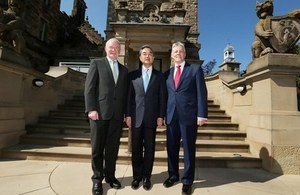
First Minister Peter Robinson, and deputy First Minister Martin McGuinness, today met with the Chinese Foreign Minister, Wang Yi at Stormont Castle ahead of the inauguration Ceremony of the Chinese Consulate in Belfast.
Picture by Kelvin Boyes / Press Eye.
Speaking after their meeting with Minister Wang Yi the First Minister Peter Robinson:
I am delighted to welcome Foreign Minister Wang Yi to Belfast. Over recent years Northern Ireland has developed a strong and increasingly positive relationship and bond with partners in China. This will be further enhanced with the establishment of the Consulate in Belfast.
In April 2012, Vice-Premier Madame Liu Yandong visited Belfast and launched the Confucius Institute which has flourished and developed remarkably. As a result, eight classroom hubs have been established and thousands of local children in over one hundred schools are learning the Mandarin language and about Chinese culture, as part of the Confucius programme. These relationships have brought considerable mutual benefit to students and teachers in both our regions.
We are hopeful that this will extend to agriculture, economic cooperation and increased trade. The potential for Northern Ireland companies to prosper in the Chinese marketplace is endless. Invest NI recognises this opportunity and has established offices in Beijing and Shanghai. Along with the Executive Bureau in Beijing, this represents a long term commitment by the Northern Ireland Executive to develop and grow our relationship with China.
The deputy First Minister Martin McGuinness said:
I welcome Foreign Minister Wang Yi and the new Consulate in Belfast. This is a very exciting development for all of us in the north of Ireland with the Chinese government demonstrating a firm commitment by establishing a Consulate here led by Madam Consul-General Wang.
We are keen to strengthen government to government relations and to further develop, trade, investment, cultural and education links with China. Agriculture Minister Michelle O’Neill, has just returned from a hugely positive visit to Beijing. The developments in the agricultural sector have been helped by the invaluable work of the Bureau with the Chinese Government in Beijing, the Consulate in Belfast and the Chinese Friendship Association.
Our relationship with China continues to grow and we look forward to working with China to help create jobs, promote prosperity and at the same time promote mutual understanding of our different cultures.Northern Ireland Ties with China
Good Relations Week
Good Relations Week 2021 takes place from will run from Monday 20th to Sunday 26th September 2021.
This year we have re-introduced physical events, alongside an expanded virtual offering.
The theme is ‘Brighter Days Ahead’ as we shine a light on the peace building and cultural diversity efforts of young people and the challenges they are facing.
Our programme of inspiring community relations events will celebrate the work of people and communities in creating and sustaining good relations.
Huge thanks to all local groups and organisations who’ve helped us put together a dynamic programme of highly impactful events for you to enjoy
Whatever you do, don’t miss it!

Pictured with Peter Day from the Community Relations Council (front, left) and Clare Kearney (front, right) and Conor Valente (front, centre) from the Belfast Skate Collective, a local group that is providing a voice for the skating community, is local skaters Nicole Smallwood; Adam Patton, Caleb Court, James Ferris, Taylor Allen, Reuben Hughes, James Hannigan, Jake Murray and Matt McCopippin.

